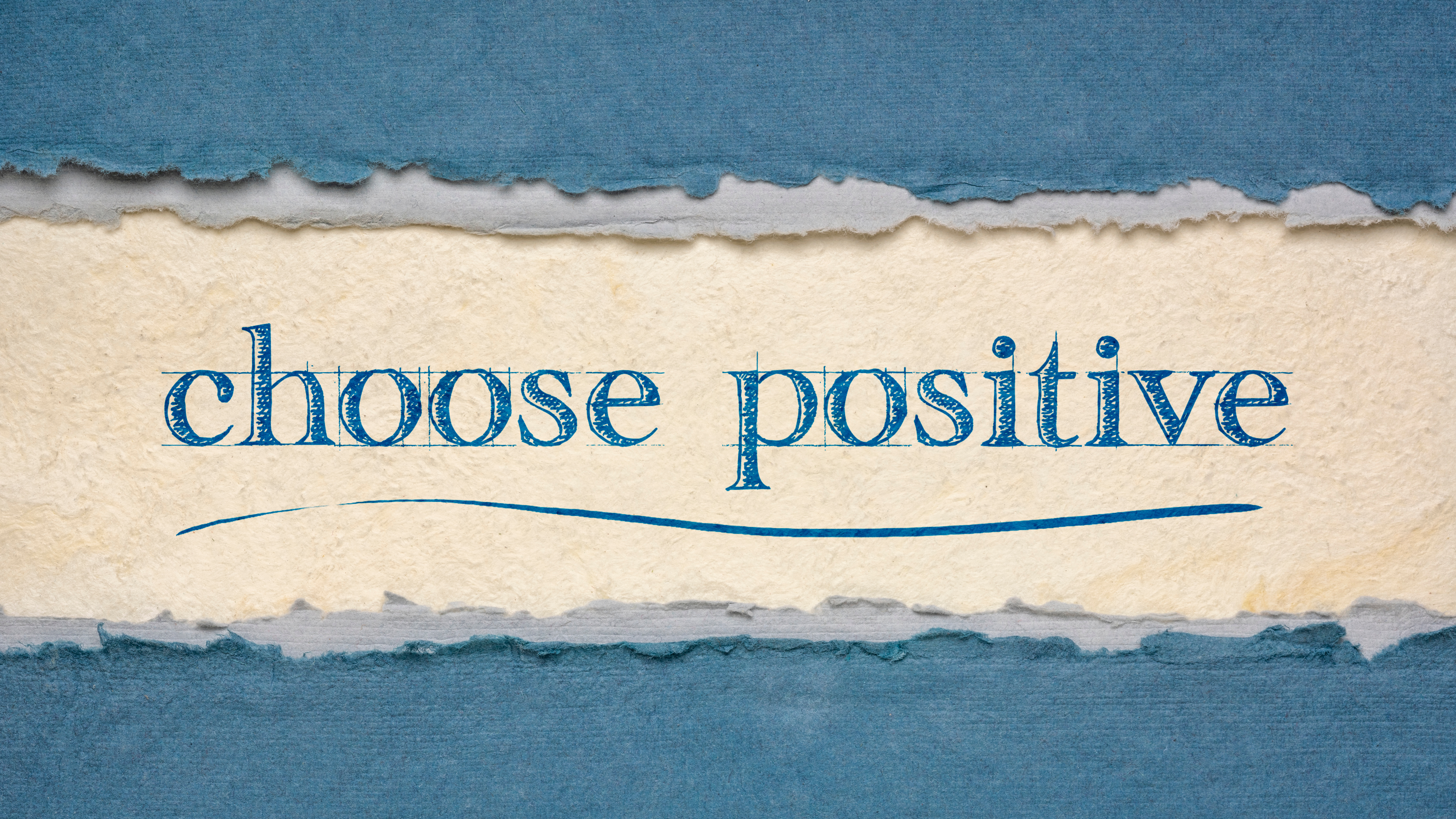From Burnout to Brightside: Positivity in Medicine
September 21, 2025

-Brandon Dunmyre DO, MS
Staff Nephrologist
Allegheny Health Network
When I was in fellowship training, a nurse turned to me and asked, “How can you be so positive all the time?” This was the first time someone had blatantly questioned my positive demeanor, and to be honest, I was a bit surprised. I simply said, ”gratitude and perspective”.
Medical school, in my experience, was a time of immense stress and uncertainty— learning a relentless volume of basic science and clinical information, studying for countless board exams, and transitioning into the clinical space for rotations, all while trying to preserve my unique sense of self. The anxiety was undeniably palpable, insidiously weaving itself amongst my classmates and, ultimately, to me. I refused to let this environment alter one of my core values—gratitude—which allowed me to thrive and served as a constant reminder of why I desired to become a physician.
I learned that incorporating “an attitude of gratitude” was my mantra because it allowed me to stay connected to what was truly important and what was actually sustaining me through medical training. Gratitude looks different to everybody, but, despite the modality, it accomplishes the same goal. We maintain a positive and hopeful perspective, which prevents resentment and regret and strengthens our relationship with ourselves. Every day, despite the intensity, I would say a phrase such as, “Today was intense, but it will all be alright. Tomorrow is another opportunity to learn and grow”.
There were times in medical training in which these statements were very much challenged. There were many times that I cried in the shower due to exhaustion. There were countless times I called my parents in frustration, stating I wanted to quit. I kept moving forward because gratitude and a positive perspective provided the strong foundation to move forward and work through these scenarios in an emotionally healthy manner. Feeling emotion and being vulnerable is not a sign of weakness, but rather a sign of strength because we are acknowledging our authentic human emotions.
Self-care, in addition to gratitude, served as an important aspect in my medical training. Self-care comes in many forms and does not need to be these elaborate experiences, but rather, simple and comfortable encounters. Some of my favorite self-care activities included taking a long walk outside while chatting with a family member, buying an overpriced candle at Target, and cooking a new recipe while listening to a relaxing playlist on Spotify. Indeed, these initially may seem boring and mundane, but they allow me to refill my emotional cup and maintain a connection to the human experience. Even in my current position as an attending, I routinely use all of these on a weekly basis because they work for me.
I encourage you all to strive for your goals and to practice gratitude, in some aspect, as you continue your journey to become a physician. Always reflect on what a gift it is to learn medicine and how you will ultimately positively impact patients' lives along the way. Never let the negative dull your effervescent sparkle!
